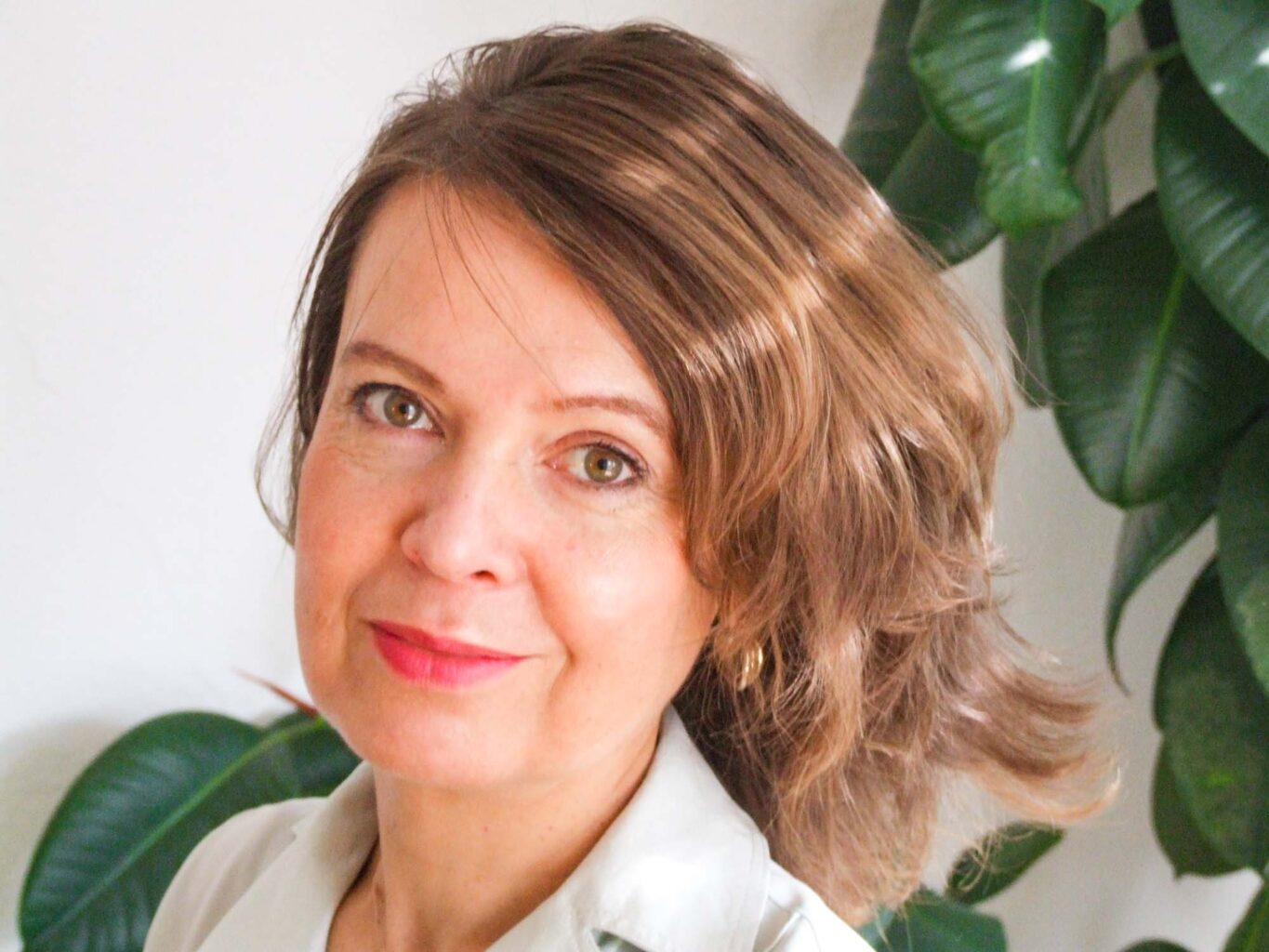Iris Hennigfeld works on ‹Goethe’s Natural Science as Phenomenology› at the Friedrich Schiller University in Jena. She is also co-editor of the English-language ‹Goethe Lexicon of Philosophical Concepts› at the University of Pittsburgh.
Phenomenology is not a technique that, once learned, could be applied uniformly to this or that field. Instead, the method is developed in the course of research on and with the phenomena – and with new phenomena in new ways. The corresponding organs of perception and cognition for the phenomena are only formed at the phenomena. Goethe confesses in a letter to Schiller that he «did not bring an organ with him to deal with the matter» but that he «always had to form it in and with the experience.» Only when a new ‹organ› of perception emerges on and with the phenomena can the method finally transform the whole person. The human being himself becomes a new, quasi-encompassing ‹organ› of knowledge.

A Free Science
In phenomenology, the formation of the organs of knowledge does not only concern the scientific-theoretical mind. It is of existential importance for the whole human being. The first step towards this organ formation is abstaining from judgment or, in the words of Edmund Husserl, the founder of philosophical phenomenology, the phenomenological epoch. Through them, the researcher moves from a natural to a phenomenological attitude – a step that, for Husserl, is equivalent to a ‹religious reversal›. With the entry into the phenomenological attitude, the previous natural fulfillment of life is radically stopped. Human beings turn entirely around and realign themselves: researching, they are no longer naively directed to the objects of their experience or recognition but turn to the activities of their own life of consciousness. Only in this self-reflection can a new organ for the conception of the essence of things grow. Such a reversal is contrary to the flow of natural life, so it must be brought about consciously and willingly. To start phenomenologically without condition thus represents an act of freedom. Translation: Monika Werner





